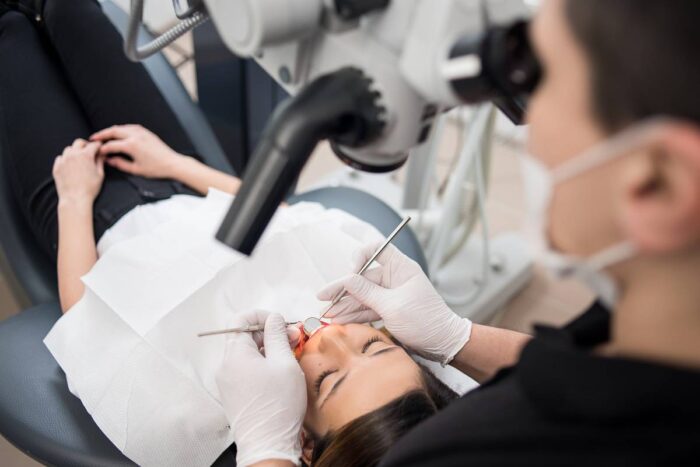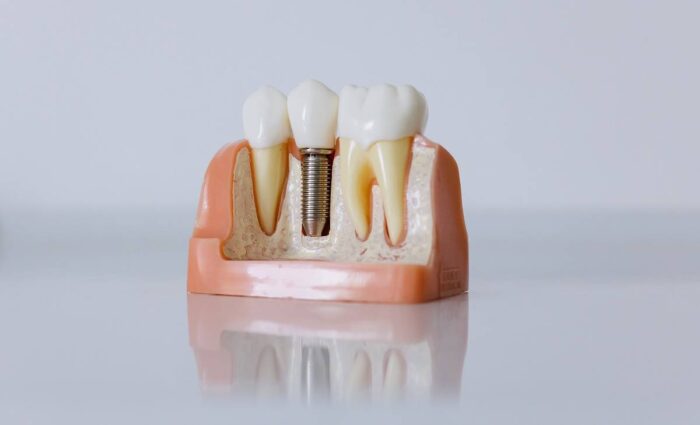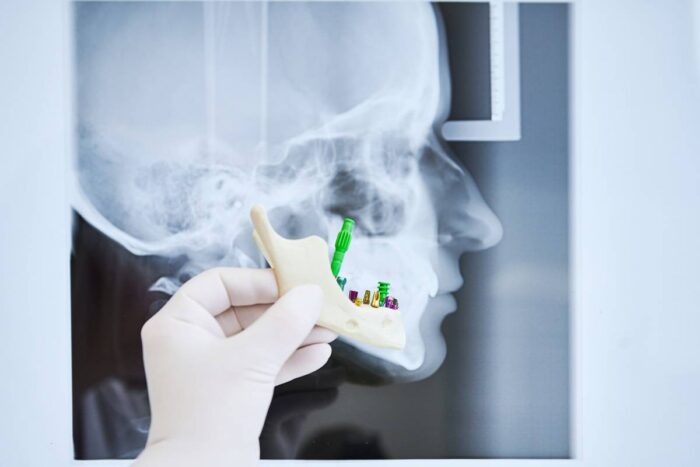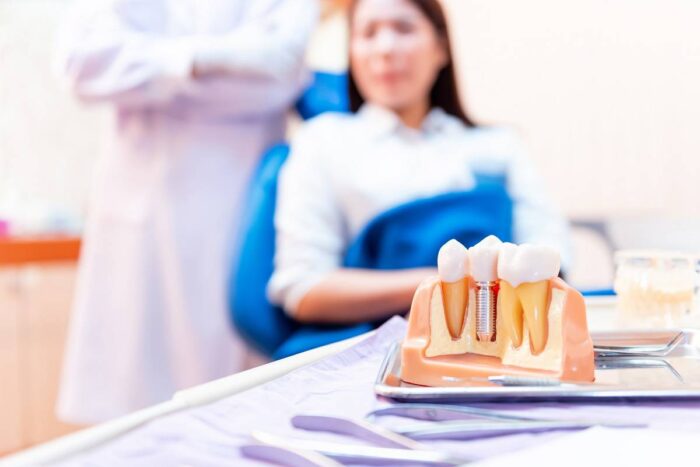The high cost of dental care is one of the primary reasons Americans avoid visiting the dentist since most need low-cost dental assistance. HSAs are useful here because they cover healthcare costs and act as investments, building interest as they accumulate. According to IRS data, only 33 million Americans have them. Since HSAs are great for covering out-of-pocket expenses for doctors' visits, can you use them for dental expenses, too?
Understanding Health Savings Account (HSA)
An HSA is like a bank account or 401(k). It helps pay for expenses not covered by health insurance, including copayments, deductibles, and prescriptions. HSAs help people save money as there is no federal income tax or payroll tax on the funds. Withdrawals, interest, and contributions are also tax-free. In this unique way, HSA owners can take advantage of a generous discount on their medical expenses.
Here are the things you need to take note of:
- Make sure you understand your plan. Understanding your HSA details can help you avoid penalties and unexpected fees.
- Ensure HSA funds are only spent on medical expenses. All other expenses will be taxed.
- Non-qualifying expenses may result in tax penalties if you use HSA funds for them. In such circumstances, those under 65 may be penalized by 20%. This penalty no longer applies to those over 65 years.
Can You Use HSA For Dental Care?
Your HSA can be used to pay for dentist and orthodontic appointments. It may even cover some services like fluoride treatments that basic dental plans might not cover. You can use every penny you deposit in such accounts — tax-free — for eligible dental expenses. Additionally, your HSA can save you money since most insurance plans do not cover dental-related expenses.
Eligibility Requirements
Creating an HSA and contributing to one are subject to strict IRS guidelines. In order to be eligible, an individual:
- Must have HDHP coverage starting on a certain date
- Must be at least 18 years or older
- Must not be covered by health insurance other than an HDHP-qualified plan (with some exceptions)
- Should not be listed as a dependent on another person's tax return
- Must not have Medicare coverage
Dental Expenses Covered By HSA

Various dental treatments can be reimbursed through a health savings account. However, you must be careful about what expenses are eligible. HSAs, like FSAs, may be subject to taxes and penalties if they are used for non-qualified dental expenses. The IRS determines which dental expenses qualify.
Let’s take a closer look at how your HSA can be used for dental care:
Qualified Dental Expenses
HSAs can be used to pay your medical expenses as well as those of your spouse and children. Expenses that qualify for HSA reimbursement include medical, dental, vision, and prescription charges that your insurance does not cover but which the IRS has determined “qualified” as expenses that may be covered by the HSA.
- X-rays
- Teeth cleaning
- Fillings & crowns
- Braces
- Extractions
- Dental implants & non-cosmetic dentures
- Fluoride treatments
- Denture adhesive and some over-the-counter medications
- Sealants
Non-Qualified Dental Expenses
Some expenses are considered “for general health” or “general use," meaning they are useful for your health but are not used to treat a particular condition. In most cases, these expenses are not covered by an HSA. The same applies to cosmetic procedures and specialized toothpaste. Listed below are some items that cannot be reimbursed:
- Braces wax
- Teeth whitening
- Denture creams or adhesives
- “Oral health” items like floss and mouthwash
- Cosmetic dental treatment
Dual Purpose Expenses
Dental expenses categorized as "regular dental care," which are beneficial to your overall health but are not used to treat a specific disease, cannot be reimbursed through an HSA.
However, in some cases, a dentist may determine that a general-purpose tool is critical for treating a particular problem and prescribe it as a medical necessity. If this is the case, your HSA may cover these expenses. Among them are;
- Toothpaste
- Mouthwashes
- Electric toothbrushes
- Flosses
Frequently Asked Questions:
Yes, you can use your Health Savings Account (HSA) to pay for qualified dental expenses in the U.S. These qualified expenses include dental treatments, procedures, and services that aim to prevent or alleviate dental diseases, such as cleanings, fillings, extractions, crowns, and braces.
HSA funds cannot be used for cosmetic dental procedures or treatments that are not medically necessary, such as teeth whitening, veneers, or cosmetic orthodontics. Additionally, you cannot use HSA funds to pay for dental insurance premiums unless you are on COBRA, receiving unemployment benefits, or purchasing long-term care insurance.
It's essential to keep detailed records of your dental expenses when using your HSA funds. These records should include receipts, invoices, or other documentation that show the date, the type of service provided, and the amount paid. These documents may be required if the IRS requests verification of your qualified medical expenses during an audit.
Paying Dental Expenses With An HSA
To answer the question, “Can you use HSA for dental expenses?” — the short answer is yes. The process of paying for eligible items or services is easy. Most places accept HSA or FSA cards like credit cards. If you don’t have a card, you can submit a reimbursement form to your provider. The tax benefits it offers can help you save on dental supplies and procedures.
If you are cash-strapped and searching for programs offering dental funding, our resource on dental grants for low-income adults can help you.






